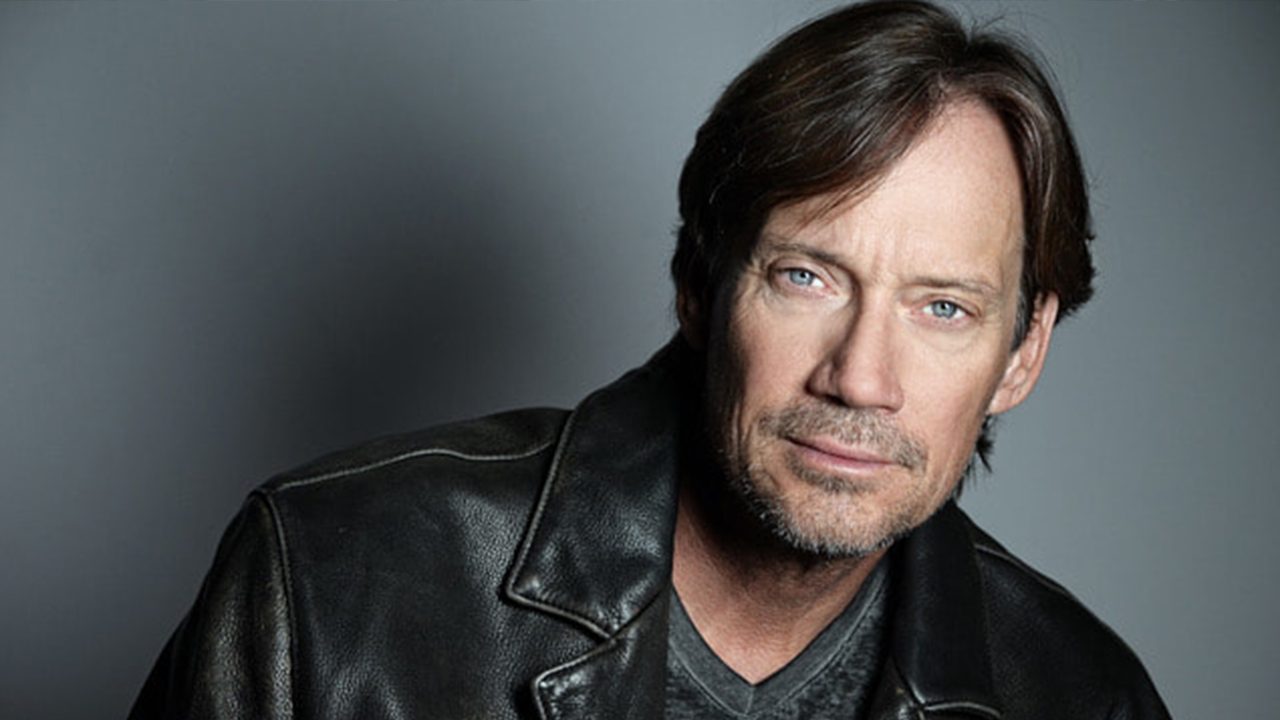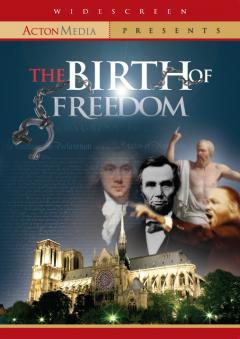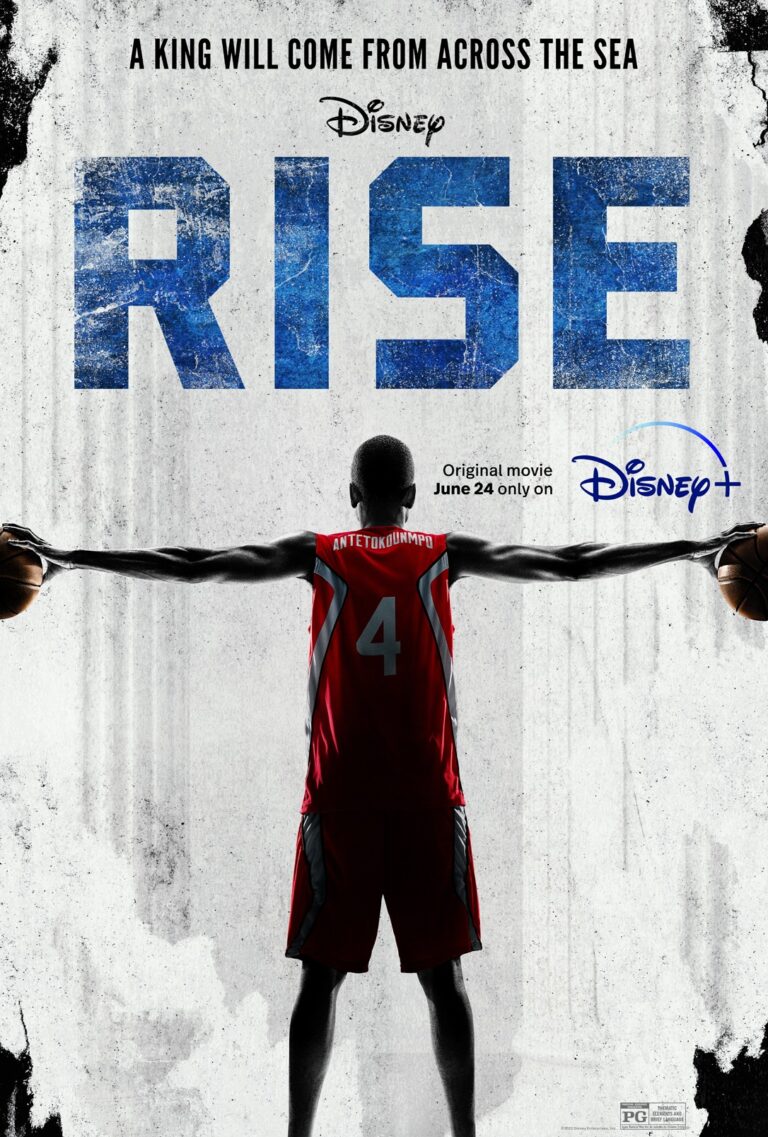‘We Have To Fight It’: Kevin Sorbo Warns Against AI Use In Hollywood
By Movieguide® Contributor
Kevin Sorbo is one of the many voices in Hollywood raising concerns about the use of AI.
“We have to fight it,” Sorbo explained, calling the recent SAG-AFTRA strike “frustrating” but adding, “I understand the concept behind it, and hopefully it will get solved sooner than later.”
One of his main concerns is with the use of AI versions of actors.
“I’ve always wanted to do a movie of Marilyn Monroe and Marlon Brando, apparently now I’ll be able to,” Sorbo told Fox News. “But, I don’t think it would stand up in court that they could get away with that without paying the people.”
His wife Sam, who is also an actress, echoed Sorbo’s comments, calling AI “extraordinarily dangerous.”
“It’s not regulated, and I don’t know if they even know how to regulate it, because it’s so stealthy,” she said. “And, you know, my daughter’s an artist, and there’s a big uproar in the art community because AI can reproduce any art with impunity and do whatever it wants to the art. And this is what we are struggling with as actors as well. If they can just recreate [an actor’s likeness] and make it do or say anything that they want, that’s a very dangerous proposition.”
The Sorbos aren’t the only actors worried about the use of AI in movies and TV.
HOMELAND actress Carly Turro expressed her concerns about the technology and slammed studios for not giving actors a straight answer on their plans for AI use.
“If it wasn’t a big deal to plan on utilizing AI to replace actors, it would be a no-brainer to put in the contract and let us sleep with some peace of mind,” she said. “The fact that they won’t do that is terrifying when you think about the future of art and entertainment as a career.”
Both SAG-AFTRA and the WGA went on strike, in part due to fears about the unregulated use of AI in movies and television. The WGA and the studios have recently reached an agreement and the strike ended Wednesday.
“I think the dangers that writers face in artificial intelligence are monstrous,” filmmaker Ken Loach said of the strikes. “And the same for actors where their images are stolen, so I’m very pleased to see that [the writers] can take action to defend their pay and their rights, and I’m pleased to see that writers seem to have maybe got a decent result — but it’s also important that they stay with the actors so that they don’t get bought off one by one.”
Movieguide® previously reported on the end of the WGA strike:
The Writers Guild of America reached a tentative agreement with the Alliance of Motion Picture and Television Producers on Sunday, bringing the months-long strike to a close.
“We can say, with great pride, that this deal is exceptional—with meaningful gains and protections for writers in every sector of the memberships,” the WGA’s negotiation committee told members on Sunday.
The two sides had come together on September 20 to resume talks after negotiations broke down in August. At that time, the WGA rejected an offer from the AMPTP because it did not address their concerns in full. Now, after three days of intense negotiations, the two sides finally nailed down a tentative agreement to bring the writers back to work.
While the WGA’s negotiation committee has signed off on the deal, the writers’ strike remains in effect until the contract can clear the union’s approval and ratification process. Thus, the WGA has suspended its picketing, but writers cannot return to work until the union’s 11,000 members ratify the deal.
https://www.instagram.com/p/CLBErh8l_J6/?utm_source=ig_web_copy_link
Questions or comments? Please write to us here.


 - Content:
- Content: 


